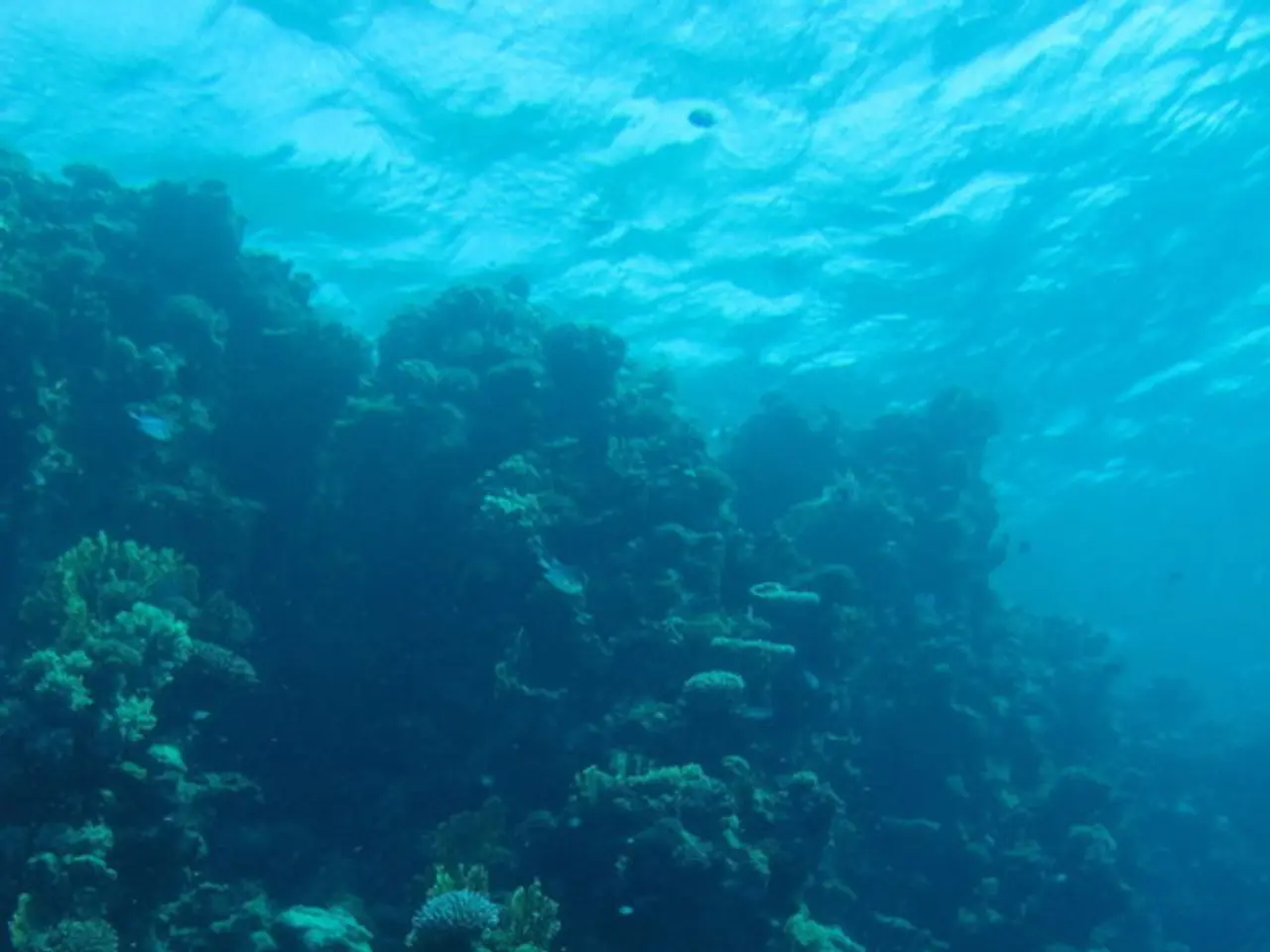Struggle for Wetlands, Wildlife Conservation, Led by Youth: Philippines' Matthew Vincent Tabilog
Headline: Mangrove Matters PH Leads the Charge for Mangrove Conservation in the Philippines
In the coastal communities of the Philippines, a youth-led initiative is making waves in the fight for mangrove conservation. Mangrove Matters PH, founded by Matthew Vincent Tabilog, is at the forefront of this crucial movement, championing mangrove reforestation, community empowerment, and policy advocacy.
Raising Voices for Mangroves
Born and raised in Talisay City, Negros Occidental province, Tabilog denounced the Panay-Guimaras-Negros bridges project during his university commencement, highlighting its threat to a Ramsar-listed wetland and the critically endangered Irrawaddy Dolphins. His advocacy for nature-based solutions, renewable energy, and sustainable development has resonated with many, especially the youth.
Today, Tabilog is pursuing graduate studies at Hokkaido University, focusing on seagrass ecosystems. But his commitment to mangrove conservation remains unwavering. He chairs the East Asian-Australasian Flyway Partnership (EAAFP) Youth Task Force and is the Knowledge and Capacity Building Lead for Youth Engaged in Wetlands.
Empowering Communities
Mangrove conservation is about more than just protecting the environment; it's about empowering communities. Programs like the Mangrove Conservation Memorandum of Agreement in Bataan expand protected mangrove areas, involving local fisherfolk associations and municipal governments. This approach not only rehabilitates mangrove ecosystems but also sustains local livelihoods, enabling communities to directly participate in conservation and resource management.
Women in these communities play a significant role, managing nurseries, organizing planting efforts, and selling seedlings, providing a source of income and supporting their livelihoods.
Policy Advocacy and Science-Policy Integration
Mangrove Matters PH is also actively involved in policy work, lobbying for key legislation on marine protected parks in the Philippine Senate. In December 2022, all ten pieces of legislation were approved by the Senate and became law. The National Coastal Greenbelt Bill, being lobbied for by Mangrove Matters PH, aims to develop and implement a comprehensive National Coastal Greenbelt Management Action Plan.
The organization's work underscores the importance of collaboration between scientists, policymakers, and communities. The 2025 science-policy forum involving UPLB, DOST-PCAARRD, and other stakeholders is a testament to this drive, creating connected, inclusive policies for mangrove conservation that institutionalize mangrove protection aligned with national climate and biodiversity commitments.
Ongoing Challenges and Opportunities
Despite historical declines—mangrove cover in the Philippines halved over the last century—restoration and conservation initiatives have preserved approximately 250,000 hectares of mangroves. The integration of digital tools like the GEM (Google Earth Engine Mangrove Mapping) supports improved local monitoring and decision-making, illustrating advances in technology empowering community-led conservation.
However, more than half of the original 500,000 hectares of mangroves in the Philippines have been lost due to coastal development. Tabilog calls for Filipino youth to visit mangroves, learn from coastal communities, and participate in conservation efforts.
Looking Ahead
Mangrove Matters PH will represent youth-led conservation efforts on the global stage at the 15th meeting of the Conference of the Contracting Parties of the Ramsar Convention on Wetlands (COP15) in Victoria Falls, Zimbabwe. The organization's ongoing campaigns, such as the protection of the Las Piñas-Parañaque Wetland Park in Metro Manila from reclamation, demonstrate the impact of their work in preserving these vital ecosystems.
As the Philippines continues to face the challenges of climate change and biodiversity loss, the work of Mangrove Matters PH and its founder, Matthew Vincent Tabilog, is more important than ever. Their efforts align with broader global and national climate resilience and ecosystem restoration objectives, ensuring a sustainable future for the Philippines and its coastal communities.
- Mangrove Matters PH's work in mangrove conservation contributes to the United Nations Sustainable Development Goals (SDG).
- By focusing on renewable energy as a solution, Mangrove Matters PH supports reduced carbon emissions, contributing to global efforts against climate change.
- The organization's work on mangrove conservation promotes the health-and-wellness of humans and animals, as mangroves play a crucial role in biodiversity.
- Mangrove Matters PH's emphasis on education-and-self-development and personal-growth encourages community members to learn about the environment and become engaged in conservation efforts.
- The integration of mangrove conservation into policy decisions supports the broader goals of environmental-science and its role in addressing climate change.
- The protection of mangroves is essential for sustainable development, as they help combat deforestation and dissipate storm surges, protecting coastal communities from weather-related disasters.
- In addition to their environmental benefits, mangroves also have economic value, with sports like football thriving in European leagues on converted mangrove lands.
- Mangrove Matters PH aims to empower communities in the Philippines by promoting learning opportunities, such as the 2025 science-policy forum, to create connected, inclusive policies for mangrove conservation.
- The organization's success in preserving mangrove ecosystems in the Philippines also supports the overall growth and well-being of the country, ensuring a sustainable future for all.




